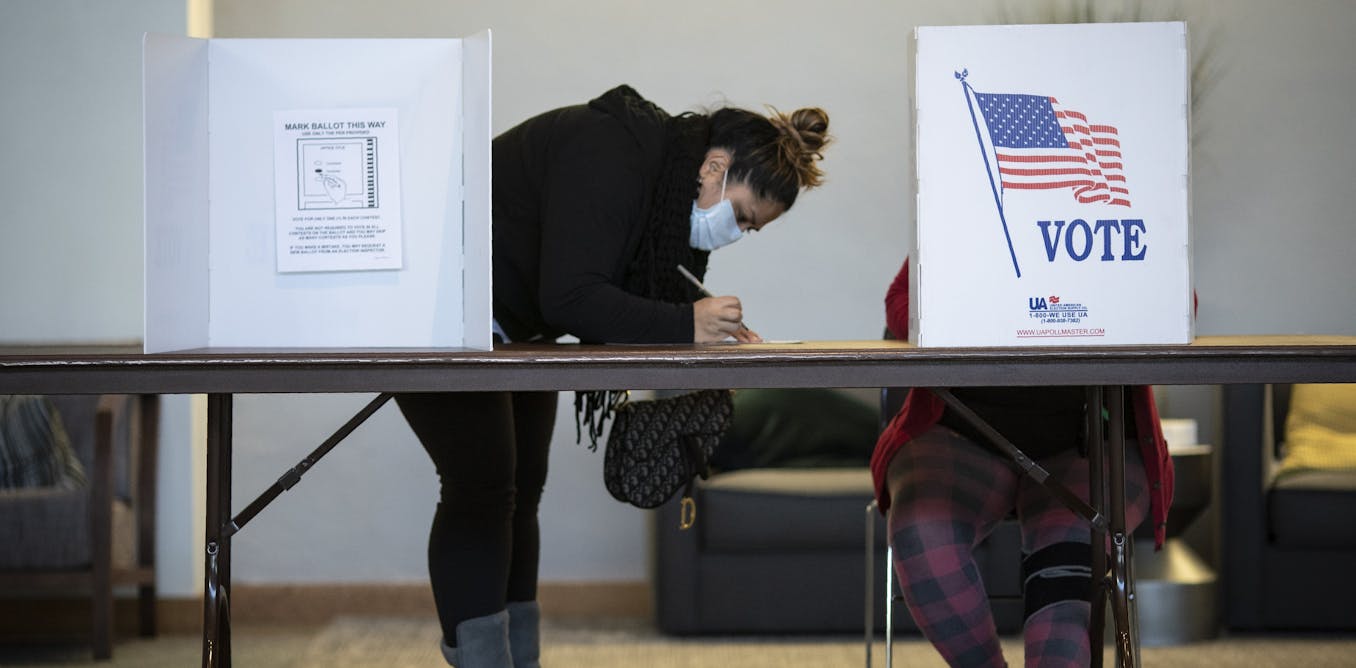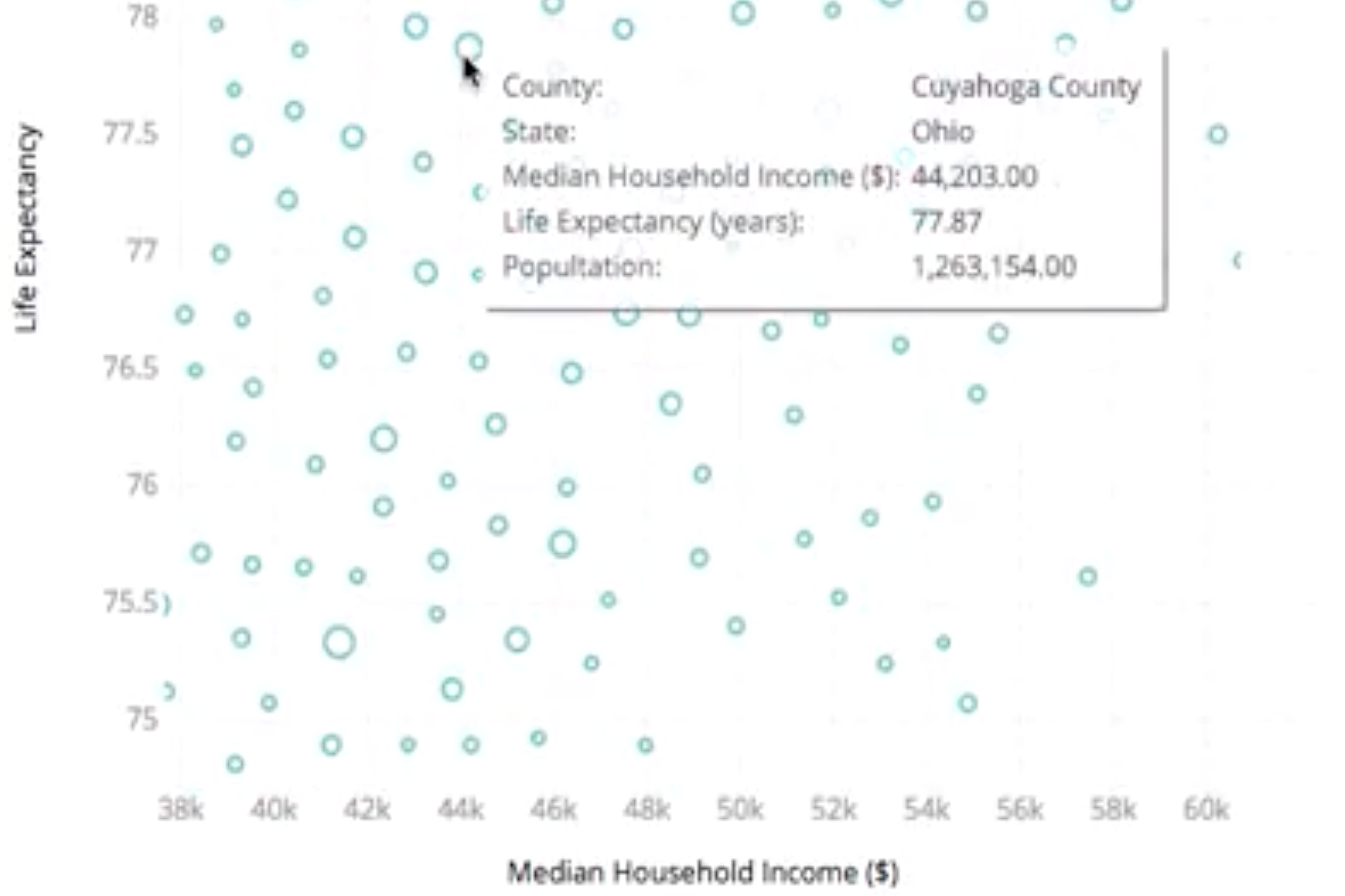Numbers can trip you up during the pandemic – here are 4 tips to help you figure out tricky stats
Understanding numbers in the news or social media can empower you to figure out risks and make good choices. Here's what to look out for to make sure you aren't misled by COVID-19 coverage.
April 27, 2021 • ~9 min










